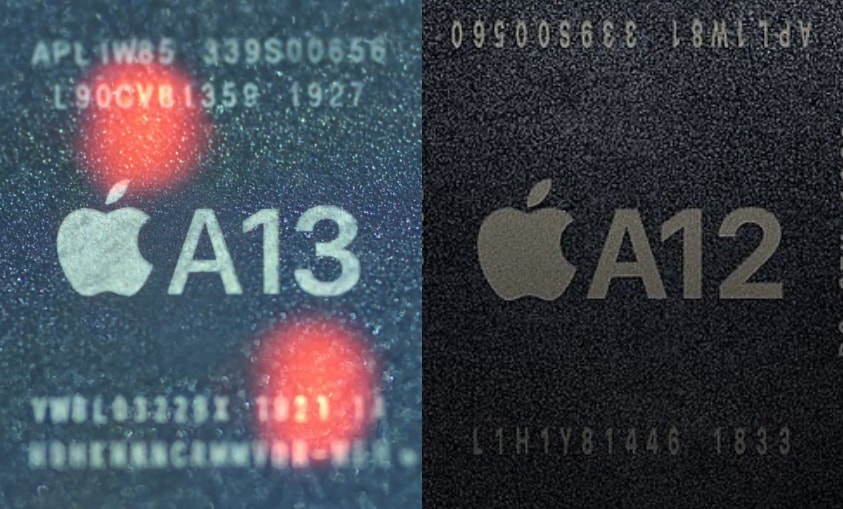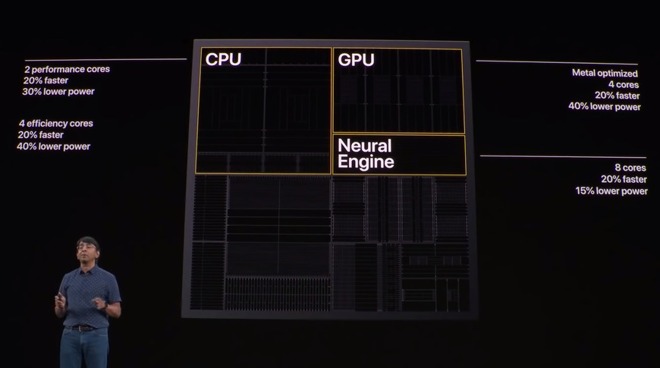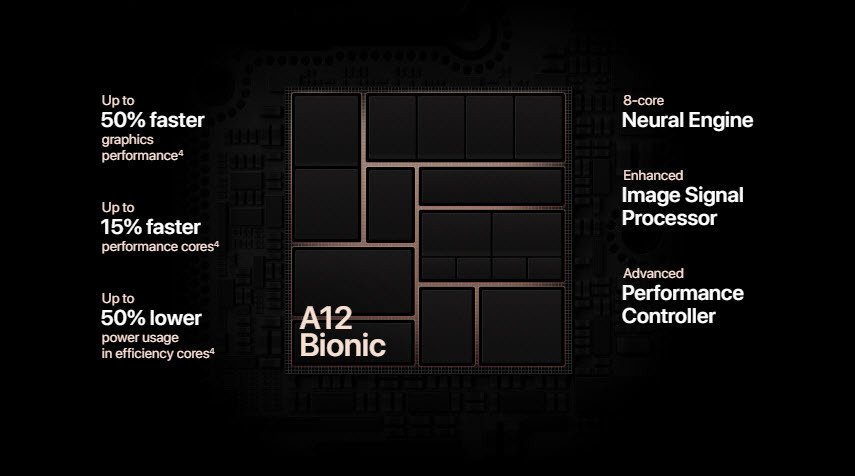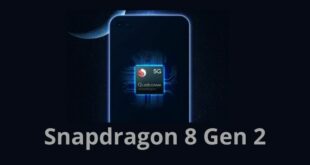On the 10th of September 2019, Apple launched three new iPhones dubbed iPhone 11, iPhone 11 Pro, and iPhone 11 Pro Max. This was an expected launch since Apple always launched a new iPhone series every year in Q3 of that year. This year, we have the iPhone 11 series. The Soc inside all three is now Apple’s A13 Bionic chip, an improvement over last year’s A12 Bionic. Apple does this every time with their phone, launching a new phone with a new Soc. Last year, it was the iPhone XR, iPhone XS, and iPhone XS Max with the Apple A12 Bionic chip. However, this year, Apple is making a very strong claim that the Apple A13 Bionic chip is the fastest and the best Soc out there on any smartphone available in the market. But how does this A13 Bionic chip hold up to last year’s A12 Bionic chip? Let’s closely look at both to see what’s better this time in both the CPU and GPU departments.
Apple A13 Bionic vs Apple A12 Bionic Comparison
Mr Sri Santhanam shared some details about what this A13 Bionic is all about. Firstly, the A13 Bionic is about achieving better performance through improved and faster machine learning. What it means is that the CPU can handle 1 trillion instructions per second. In the A13 Bionic, we have two machine learning Accelerators, which makes matrix math computation six times faster than a traditional normal Soc. This has resulted in Mr Santhanam saying, “The iPhone 11 Pro is the best machine learning platform in any smartphone”.
| SoC | Apple A13 Bionic | Apple A12 Bionic |
| Design Process | TSMS 7nm+ | TSMS 7nm |
| CPU | 6-core processor (2x 2.66 GHz Lightning cores + 4x Thunder efficiency ores) | 6-core processor (2x Performance cores + 4x Efficiency cores) |
| GPU | Apple Designed 4-core GPU | Apple Designed 4-core GPU |
| NPU | Neural Engine (octa-core ) | Neural Engine (octa-core ) |
| RAM | LPDDR4X | LPDDR4X |
| Transistor | 8.5 billion | 6.9 Billion |
Transistors
In terms of transistors, we see a bump in the number of transistors used in the Apple A13 Bionic Soc as compared to the number of transistors that were present in the A12 Bionic SoC. The Apple A12 Bionic had 6.9 billion transistors, but the A13 Bionic had 8.3 billion.
Design Process
Both are built on TSMC’s 7nm process, but the A12 here uses the 1st Generation TSMC 7nm process while the A13 uses the 2nd generation TSMC 7nm process.
CPU
Both the A13 Bionic and A12 Bionic are Hexa-core CPUs with two high-performance cores and four power-efficient cores. Apple has claimed that the two high-performance cores of the A13 Bionic Soc are 20% faster and 40% more power-efficient than the ones in the A12 Bionic chip. Additionally, for the four power-efficient cores of the A13 Bionic chip, Apple claims that they are also 20% faster and consume 25% less power as compared to the ones in the A12 Bionic chip.
GPU
Gaming in smartphones is on hype right now, and Apple claims that the A13 Bionic chip’s GPU is the fastest out there compared to all the other smartphones. In terms of numbers, Apple claims an improved speed of 20% in the GPU of the A13 chip over the GPU of the A12 chip. It is also claimed to be 25% more power-efficient than the A12 Bionic chip.
Coming to the Neural Engine, Apple’s 8-core third-generation AI engine on the A13 Bionic chip has resulted in a 20% faster speed and 15% more power efficiency than the A12 Bionic chip.
A13 Bionic vs A12 Bionic: Which one is Better?
If we compare the Geekbench benchmark test results, the Apple A13 Bionic-powered iPhone 11 Pro has scored 5,472 points on single-core and 13,769 points on multi-core. On the other hand, the A12 Bionic-powered iPhone XS Max has scored 4,820 points on single-core and 11,257 points on multi-core. The A13 Bionic is a definite improvement over the A12 Bionic, with much emphasis on machine learning and GPU performance. How it holds up in real-world usage after it reaches the masses is something that many Apple and even non-Apple fans out there are waiting to see. We have also compared the A13 Bionic with the Snapdragon 855 Plus and Kirin 990 5G, which shows us that the A13 Bionic is the clear winner.





